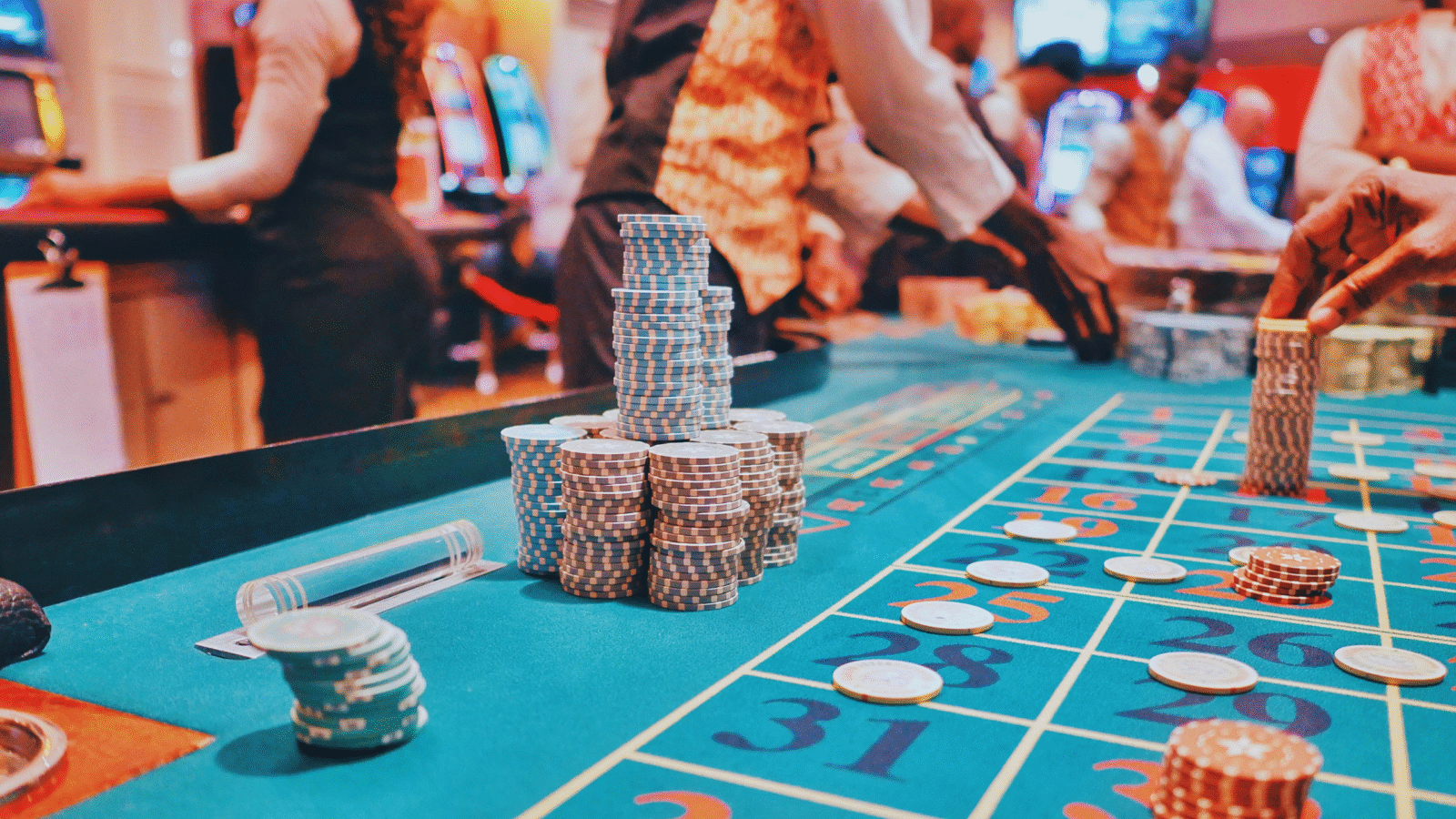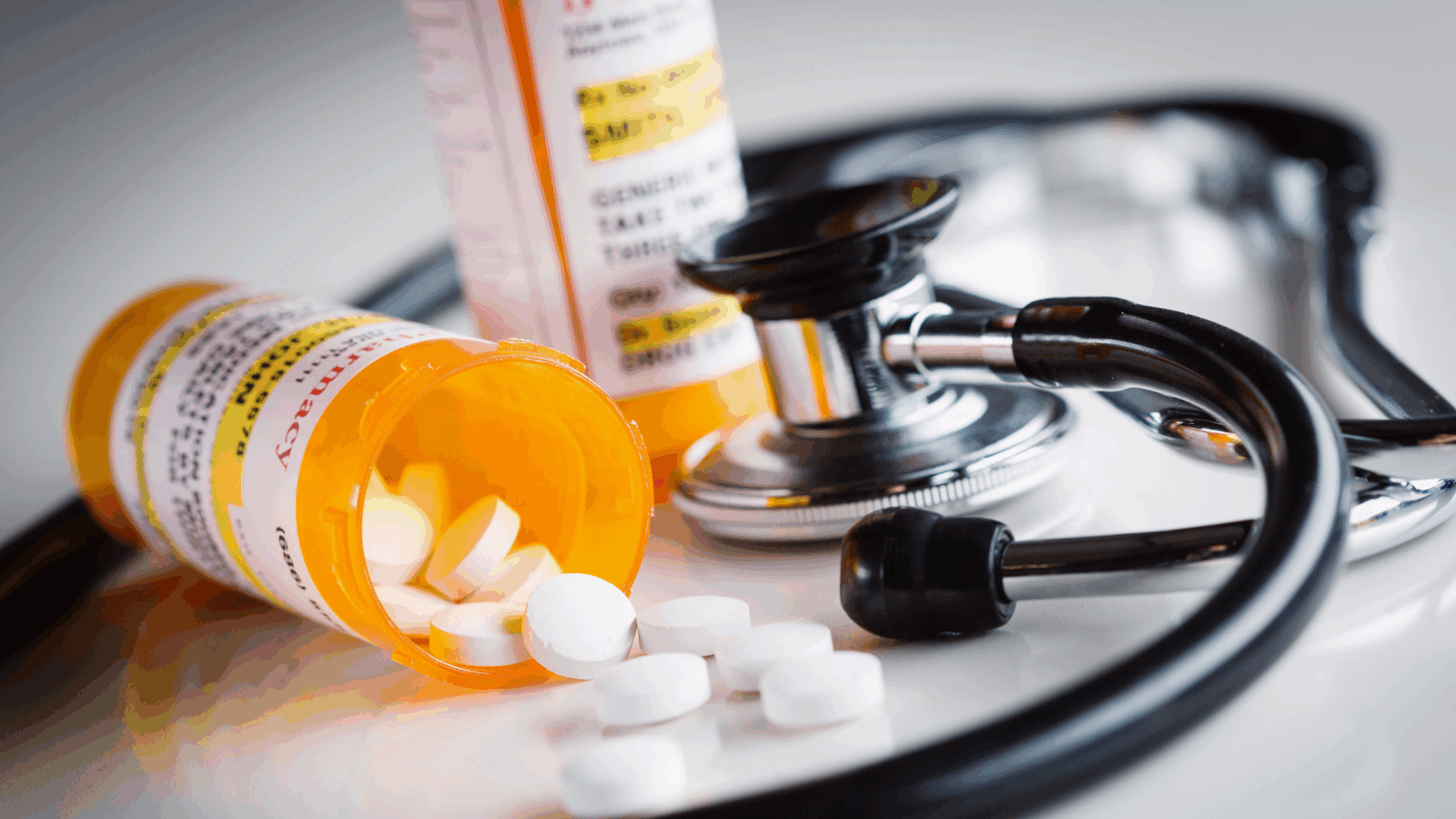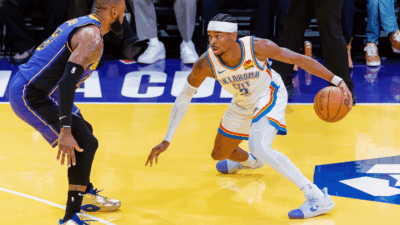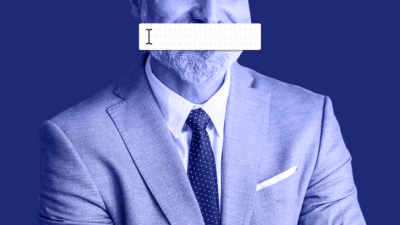Can the Enhanced Games Get the World Hooked on Steroids?
After nearly 3,000 years, the business of the Olympics is ripe for disruption. Could performance enhancing drugs shake up the games?
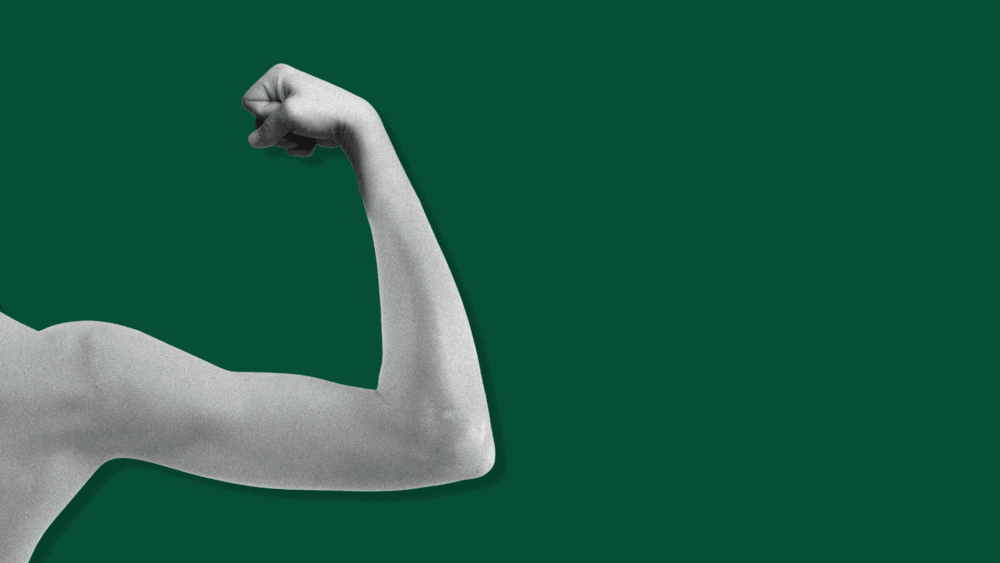
Sign up for smart news, insights, and analysis on the biggest financial stories of the day.
After nearly 3,000 years, the business of the Olympics is ripe for disruption.
At least, according to entrepreneur and sports enthusiast Aron D’Souza. Backed by Peter Thiel and a handful of other prominent venture capitalists, D’Souza is working to launch the Enhanced Games, a pan-sport Olympics alternative that he says will come with a business model better than the International Olympic Committee’s. Its secret sauce? Performance enhancing drugs.
PEDs enhance an athlete’s ability and recovery, which is why they’re banned in most competitions. But D’Souza thinks what’s really unfair is that many athletes must hide their use of steroids as a result.
“Forty-four percent of elite athletes admit to using banned drugs, but only 1% have been caught,” D’Souza told The Daily Upside. “So, virtually all Olympic heroes use banned substances, yet they aren’t honest about it. I believe honesty is crucial.”
And that honesty, according to D’Souza, may just be worth more than all the Olympic gold medals put together.
What are the Enhanced Games?
The Enhanced Games are set to be a smaller-scale Olympics, featuring a handful of events like aquatics, track and field, gymnastics, weightlifting, and combat sports:
- Athletes are being promised six-figure salaries and $1 million bonuses for setting new world records in the 100-meter sprint and 50-meter freestyle. (Records set with PEDs can’t be recognized by traditional sports bodies.)
- D’Souza said the event won’t be a steroid “free-for-all,” but competitors can use PEDs and will undergo regular monitoring of their cardiac health, liver function, hormone levels, and other biomarkers.
D’Souza said he’s received more than 1,000 athlete applications so far, but only one has publicly expressed interest. Australian Olympic gold medal swimmer James Magnussen recently said on the “Straight Talk with Mark Bouris” podcast that he expects to start taking testosterone, peptides, stem cells, growth hormones, and other anabolic steroids to prepare for the games.
If You Don’t Build It, They Will Come
The first Enhanced Games are supposed to be held next year in multiple host cities, because D’Souza said every event needs to be in a place with the best “climatic and atmospheric conditions for achieving superhuman performances.” For example, the long and high jumps would be in a high-altitude locale.
The Enhanced Games will only use existing infrastructure to both save money and minimize environmental impact. D’Souza argues even temporary facilities, such as the breakdancing arena and skate park erected at the Place de la Concorde for the Paris Olympics, are among “the most wasteful exercises in human history.”
“The core problem about the Olympic games is that they build a dozen stadiums, and they throw them away after two weeks, because no one city in the world has all the requisite infrastructure,” D’Souza said. Olympic and FIFA World Cup host cities have a lengthy history of building permanent infrastructure that quickly becomes obsolete and abandoned.
Who’s Gonna Pay for All This?
In a survey of nearly 500 Olympic, Paralympic, international-level, and national-level athletes across 48 countries, more than half considered themselves financially unstable. The IOC is a nonprofit organization, and it doesn’t pay the athletes:
- Athletes can receive prize money from different sports governing bodies and national groups if they win medals, and in the states, the US Olympic and Paralympic Committee offers benefits like financial literacy programs, healthcare, and academic stipends. But it can still be a struggle to make ends meet.
- For example, Veronica Fraley has had to raise money on GoFundMe to support her career as a discus thrower. “I compete in the Olympic Games TOMORROW and can’t even pay my rent,” she said on X this month.
“The Olympics have a fabulous business model where they generate billions of dollars in television and sponsorship revenues, plus the ticket sales,” D’Souza said. “However, they waste so much money on stadium-building. They waste more money than they generate in revenue. If you remove the stadium-building from the equation and reduce the sports down to what have the highest television and social media impact with the lowest infrastructural costs, it’s actually a very compelling business model.”
The Enhanced Games are seeking to raise $300 million, and are backed by games co-founder Christian Angermayer and venture capitalists Thiel and Balaji Srinivasan. D’Souza said they are in the process of talking to other big investors like sovereign wealth funds, “many from the Gulf.” Outside of that, though, no sponsors or broadcast partners have been announced.
Steroids? But Why? D’Souza argues the use of PEDs will allow athletes to stay competitive and keep earning money as they get older. Magnussen is only 33, but that’s ancient by a swimmer’s standards; he believes if he takes PEDs, he can “break” the 50-meter freestyle record, no problem.
To highlight how the Enhanced Games could change peoples’ attitudes toward PEDs, D’Souza made an unlikely comparison. “Thanks to social media and the internet, culture change happens very quickly,” he said. “Being gay was illegal in the US until 2003 with Lawrence v. Texas. Less than a decade ago, gay marriage [was] an ultra controversial issue. And now, particularly on the Republican side, it’s not even an issue, and has been removed from the party’s platform.”
That attitude shift may already be happening. Michael Ashenden served on World Anti-Doping Agency panels in the 2000s and was a staunch critic of Lance Armstrong, but seems receptive to the Enhanced Games.
“I remain adamant that an athlete should not be forced to compete against another who cheats by using banned performance enhancing substances. Nor should they be forced into the ‘if you can’t beat them, join them’ dilemma,” he wrote in a recent paper. “The Enhanced Games do not force athletes to make either of those choices. Instead athletes have autonomy to opt in, or opt out, of those choices. I’m not saying athletes must use, or compete against others who are using banned substances. I’m saying let them if they want to.”
They’re Already Here: Many aspects of the Enhanced Games — who will compete, where it will be held, who will broadcast it, who will sponsor it — are still being figured out, and yeah, it’s because of the steroids.
Every high school health class talks about the dangers of PEDs. Sports stars are traditionally supposed to be good influences, and using gear goes against that widely held value. Doping scandals have caused the likes of Lance Armstrong and Maria Sharapova to lose millions of dollars in sponsorship money. Partnering your brand to an entire juiced-up event would just be asking for trouble.
However, steroid use has become more common in some areas:
- For instance, most Brazilian Jiu-jitsu competitions have minimal or no drug screening. Gordon Ryan, a multiple-time Abu Dhabi Combat Club champion, frequently defends PED use in the sport.
- “Steroids are legal, per the rules, so if you take them – not only are you well within legal parameters, but you’re also helping yourself win as a pro athlete, which as a pro athlete isn’t that your goal?” he said in an Instagram post.
- This trend goes even further. On a 2023 podcast, UFC host TJ De Santis said that unlike the promotion’s flagship mixed martial arts venture, which is regulated by state athletic commissions, its Fight Pass Invitational BJJ event does not conduct drug testing. Ryan even suggested that introducing the US Anti-Doping Agency to the FP Invitational would ruin the event.
- The FP Invitational is not combat BJJ; it’s solely a grappling competition with no striking allowed. It is not regulated by state athletic commissions.
The UFC — which is part of the publicly traded TKO Group Holdings — doesn’t advertise its tolerance for PEDs in its grappling competition, but BJJ athletes are increasingly upfront about it. During the FP Invitational 6 in March, Craig Jones blatantly said, “I wouldn’t be here today without the power of steroids.” It was posted on the UFC Fight Pass X page.
So far, at least, advertisers don’t seem to be headed for the hills.
